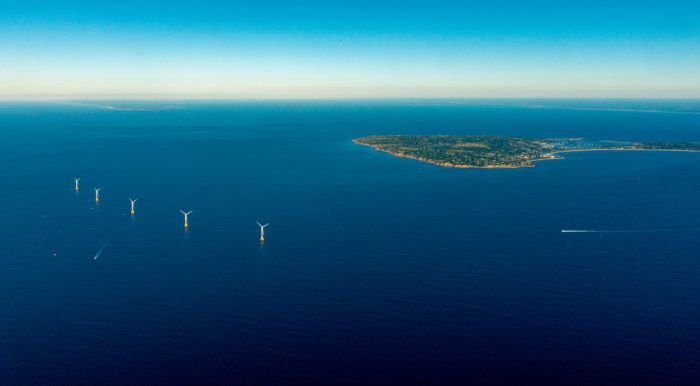You have just read a blog post written by Jason McIntosh.
If you wish, you can visit the rest of the blog, or subscribe to it via RSS. You can also find Jason on Twitter, or send him an email.
Thank you kindly for your time and attention today.

I just wrote an email to the mayor of Newport. Perhaps I should follow it with a phone call — I’ve proven to myself I can call my representatives in Washington — but email seems like an acceptable starting place, at this level of government.
The text of my letter:
Mayor Winthrop,
Good afternoon. I am a full-time Newport resident, working as a freelance software consultant, and married to a librarian at the naval base.
I would like to ask that your office issue a statement formally asserting the city’s commitment to upholding the tenets of the Paris climate accord.
I see on the city’s website that flood protection is a permanent and prominent concern for Newport, so if nothing else I would expect that the city’s geological reality encourage this stance, regardless of any recent federal political actions.
I feel fortunate to live in Rhode Island, which through projects like the Block Island Wind Farm sets a renewable-energy standard for the rest of the country to follow. It would do me proud to know that this attitude is espoused by my city as well as by my state.
If there is anything I can do to assist the city in this pursuit, please let me know. My phone number is 617-792-3829. Thank you.
I knew nothing about my city’s mayor before today, neither his name nor his famously prominent facial feature. As I write this, I don’t know his political affiliation, and I rather don’t care. Like countless Americans right now — and as with the events of last autumn — I find myself driven to increase my direct involvement in politics by another degree, and that’s why I have learned about Mayor Winthrop’s moustache.
I take as inspiration the spontaneous, still unnamed coalition of American states, cities, and businesses who, starting yesterday, saw the federal government’s decision regarding the Paris accords as damage, and began immediately to route around it. They seek to open dialogue, to the UN and to the world in general, that empowered American states and institutions will step up where America’s nominal leadership cannot. They declare that they shall do everything they can to maintain this country’s course into a sustainable future, and to hell with the wishes of a White House not interested in looking past the next election. (Or, indeed, past the previous one.)
I’ve shared thoughts along these lines on Twitter, and several friends and strangers proved quick to question my assertion that I see something brand-new here. How is this different, they ask, from the way the deepest parts of “red states” resisted certain federal directives during the Obama administration? But I maintain that something about today feels very different from that; this doesn’t seem a mere antipode of some rural town clerk refusing a same-sex marriage license, or whatnot.
Maybe the difference is one of addition versus subtraction. Deeply conservative communities rankle under new laws demanding that they recognize and apply alien social norms, ones that often feel pushed onto them from far-away outsiders, way out in Washington. They want to reject all that stuff as foreign intrusion, and so they claim their right to live as they please, however much it isolates them from the changing world outside.
Whereas the pushback against the Paris pullout feels opposite in every way: an effort to maintain global outreach and partnership, despite the federal government’s work to diminish it. American states and institutions, long accepting the Paris agreement as a key part of any state’s long-term social and financial security plans, have been told at the highest levels that it no longer applies, that they have lost claim to membership of any group outside the national border. And so the body of the Union rejects its objectively incorrect head, and says: Yes, we still belong, we accept reality just like you do, and we will still work with you towards a better future.
And I want to add my voice, and my city’s voice, to that.
To share a response that links to this page from somewhere else on the web, paste its URL here.